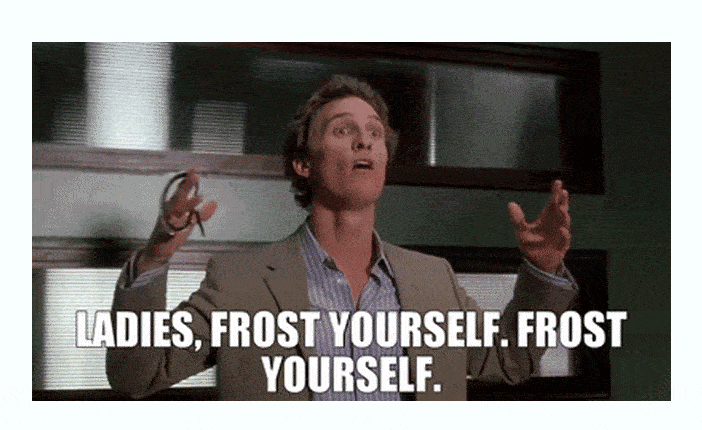During Our First Year
Welp, we did it. We not only survived, but thrived for 12 whole months.
I am the ultimate you-don’t-know-until-you-try story. And, in my wildest fantasy, I never would have predicted the success, the revenue, and the smooth sailing (for the most part) we experienced right out of the gate.
So, what’s the deal? Was it luck? Not even a little bit. (Well, maybe.)
For roughly the last decade, I’ve tried my best to build a network– a real network– of people who like me, trust me, and want to see me do well.
When Covid hit, I leaned on that network hard. When I launched my own business, I leaned on that network even harder. Here are some takeaways from the last 12 months.
1) Just. F*cking. Do. It.
If you have a gut feeling something is going to succeed, or that you can do something, do it. Getting started is the hardest part. And while not everyone has the privilege or opportunity to go out on their own, trust your gut if it does and just do it.
2) As Seinfeld says, “People– they’re the WORST!”
Not all people, but you’ll run into soooooo many selfish people who mistake hunger, for desperation. Stick to your guns.
3) Time and health — nothing else REALLY matters.
Without your health, nothing else matters. This includes mental health. Stay sharp, eat healthy, drink water.
Time is our only finite resource. Choose how you spend your time wisely.
4) “Your network is your net worth” —Copernicus (I think)
I cannot stress this enough. Start today, literally right now. Stop reading this post and start working on your network. Give without the expectation of receiving and good things will happen.
5) Self Awareness >
There are so many people who are bad at playing “the game”. You know, the game we’re all playing. The one where we’re all trying to do our best, make more money, the whole 9. You don’t have to care what people think about you, but you should absolutely understand how people perceive you. I am a firm believer this is the most important characteristic of anyone in sales.
6) Don’t be afraid to play in the mud
While time is a finite resource and you should be mindful of how you spend it — you’re not too good for anything or anyone. Nothing is beneath you and you are not better than anyone.
7) Be annoyingly consistent
You must show up, every day. You must do the same things over and over and over again, and well. Consistency, day in and day out, leads to success.
8) Invest in yourself
Scared money don’t make money. Invest in people, tools, education, the works…when you can afford it. You’ll be happy you did. You can’t do everything yourself, I assure you.
9) Ask and you shall (maybe) receive
You don’t know until you ask. And if they say no, you’re right back where you were before.
10) Don’t be an asshole
This may come off as a joke, but I mean it whole heartedly. In 12 months, I have had over 1,000 conversations, with brands, marketers, friends, colleagues, clients, etc. You don’t always remember the good convos you have, but you certainly remember the bad ones.










